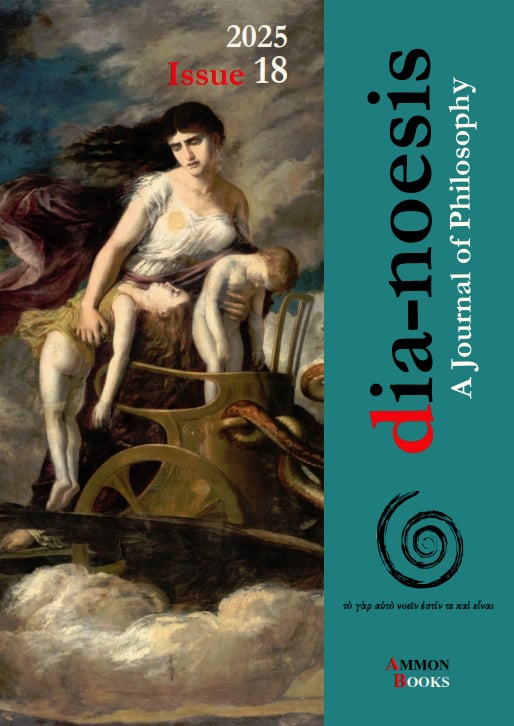Oikic Exile and Maternal Hauntology Clytemnestra’s Chthonic Sovereignty in the Matricidal Cosmogenesis of Greek Tragedy

Abstract
In Greek tragedy, Clytemnestra emerges as a controversial figure whose voice articulates a suppressed cosmology struggling against erasure. As she has been read traditionally in terms of gender inversion, revenge, and political transgression, this paper re-placed Clytemnestra, under matricidal cosmogenesis, the cultural procedure in which patriarchal order assures itself by overriding maternal and chthonic action. She represents oikic exile, the estrangement of oikos itself, and maternal hauntology, spectral recovery of the lost maternally ordered. Her nets, baths, and blood language are ritualized and claim chthonic sovereignty, a sub-power based on the underworld and sacrifice as opposed to civic law. By drawing upon linguistic analyses of Agamemnon by Aeschylus and Caruth, Ricoeur, Said, Derrida, Irigaray, and Cavarero, this article identifies Clytemnestra as a paradigmatic victim of trauma, alienation, and cultural estrangement.
Article Details
- How to Cite
-
R. Sree, S. (2025). Oikic Exile and Maternal Hauntology: Clytemnestra’s Chthonic Sovereignty in the Matricidal Cosmogenesis of Greek Tragedy. Dia-Noesis: A Journal of Philosophy, 18(2), 401–418. https://doi.org/10.12681/dia.43457
- Section
- Articles


